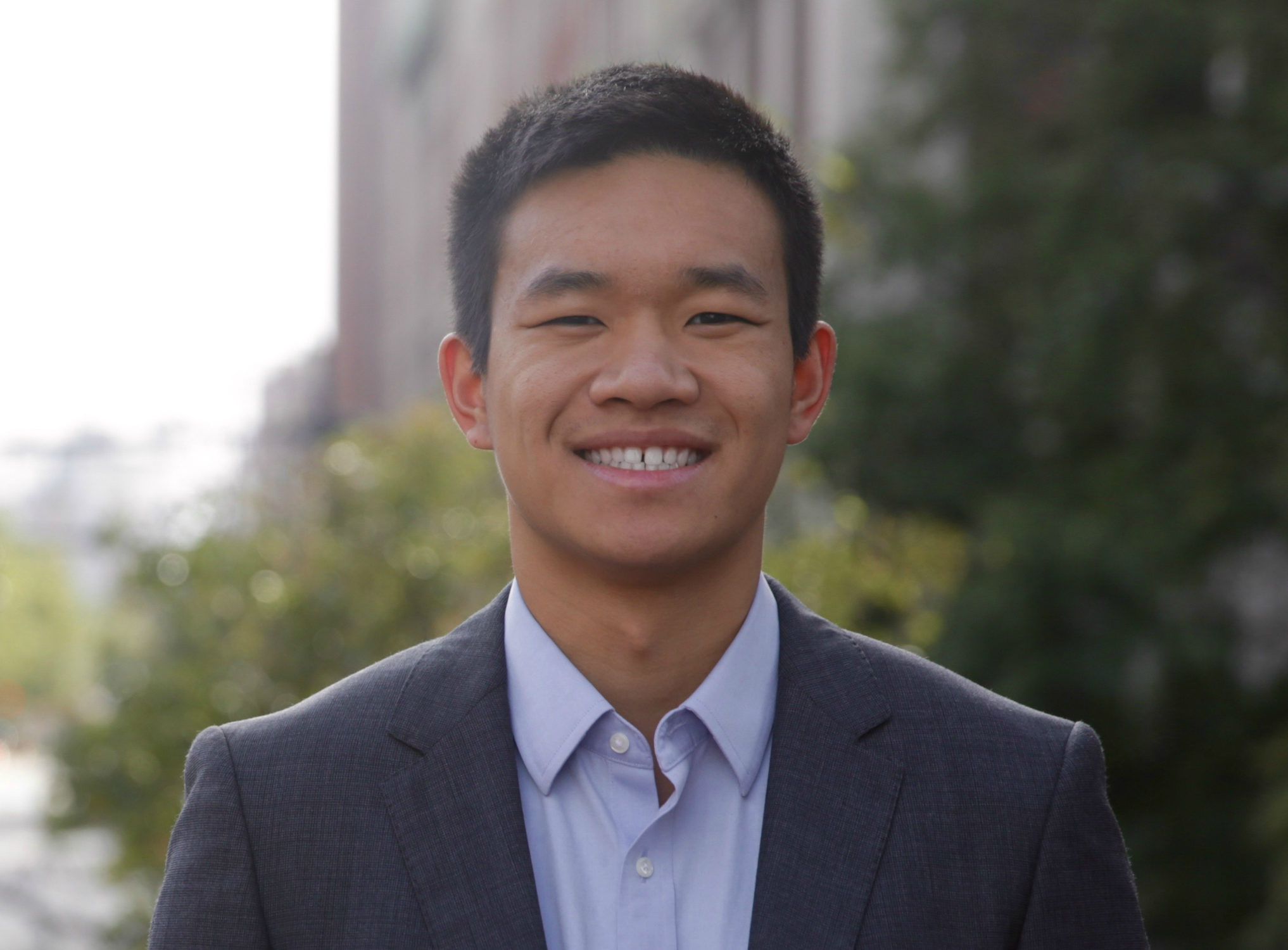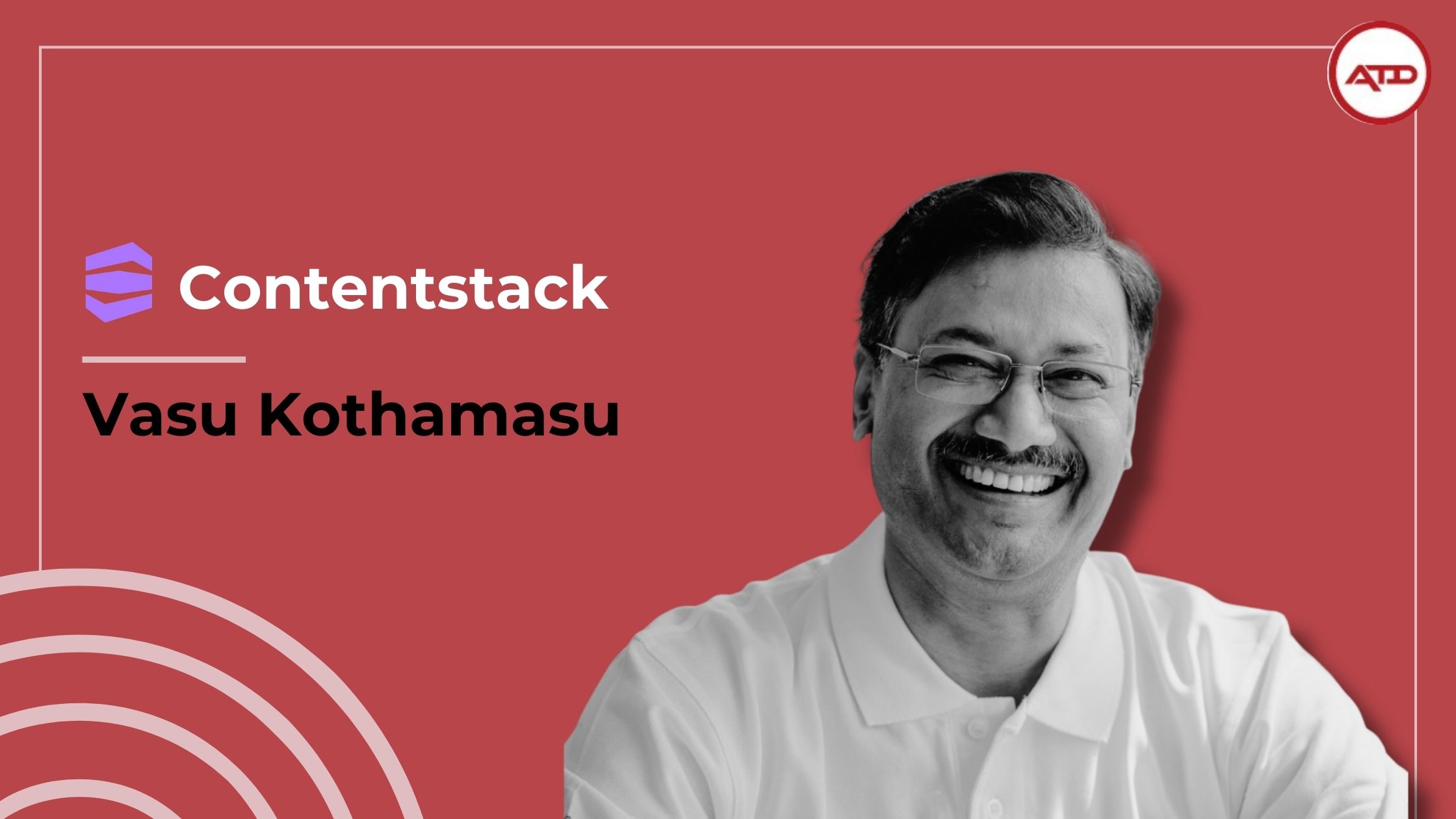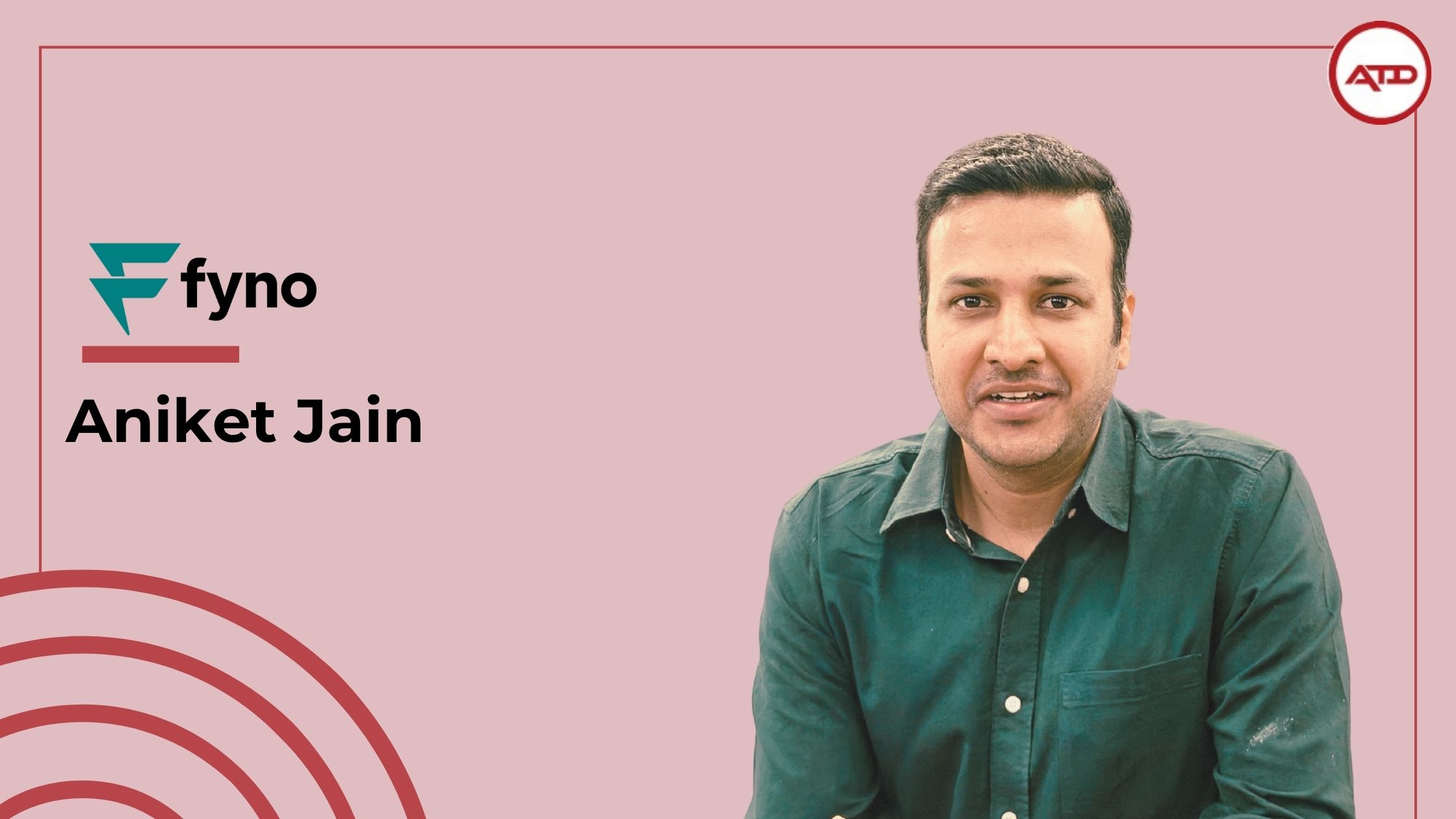AsiaTechDaily – Asia's Leading Tech and Startup Media Platform

How Jason Kang, CEO and Co-Founder of Kinnos Is Revolutionizing How People Are Protected From Infections?
Jason Kang is the CEO and Co-Founder of Kinnos, a New York-based company that is revolutionizing how people are protected from infections. Their innovative work in infection prevention has spanned from the Ebola outbreak in West Africa to healthcare-associated infections in US hospitals. Previously, Jason served as VP of Engineering at Jibon Health, where he brought a medical device to clinical trials in Bangladesh. For his work in global health, Jason was named to Forbes 30 Under 30 in Healthcare, served as a AAAS-Lemelson Invention Ambassador, and was recognized as a Bluhm/Helfand Social Innovation Fellow. Jason received his B.S. in Biomedical Engineering from Columbia University, where he was an Egleston Scholar and graduated Tau Beta Pi. He currently sits on the Columbia Engineering Young Alumni Board.
In a exclusive interview with AsiaTechDaily, Jason Kang says:
You’re never going to feel fully prepared, and you’re going to be making a lot of decisions with 51% confidence, so keep an open mind and try to learn as much as you can. Have a small ego, and ask for help.
Read on to know more about Jason Kang and his journey.
Please tell me about your personal background, and what are you working on currently?
Jason Kang: I’m the CEO and Co-Founder of Kinnos, a New York-based company that is pioneering colorized disinfection to protect people from infections. Our award-winning and patented Highlight technology are used internationally by hospitals, humanitarian agencies, and first responders. I graduated from Columbia University as an Egleston Scholar and studied Biomedical Engineering.
What motivated you to get started with your company?
Jason Kang: Katherine Jin, Kevin Tyan, and I started the company back in 2014 when we were undergrads at Columbia during the height of the Ebola outbreak in West Africa. It was one of those things where you read about it all over the news and feel powerless to help (not so unsimilar to COVID-19 right now), so when Columbia hosted a competition to improve the healthcare workers, we jumped at the opportunity. They brought in doctors from the field to talk about the challenges they were facing, and one of the biggest problems they brought up was that human error and ineffective disinfection was leading to high rates of infection. “If only there were someone we could see what we were doing,” they said, and that statement was our inspiration for developing colorized disinfection.
What is your current main product, and (If there is any) can you share any product pivot story from founding to the current product?
Jason Kang: Less than half of critical surfaces in healthcare settings are properly cleaned, contributing to unnecessarily high rates of infection. While studies have shown that improved cleaning proficiency can reduce infections by up to 80%, existing approaches to reduce human error in cleaning do not improve technique effectively. We solve this problem with Highlight, our patented color additive platform, combined with existing disinfectants that are already widely used. Highlight-enhanced disinfectants are colorized so you can easily see where you have and have not covered, and then the color fades from colored to colorless after a few minutes to approximate when disinfection is done, and the surface is safe to touch. Highlight overcomes language, education, and training barriers and immediately enables an entirely untrained person to disinfect surfaces every single time a disinfectant is used correctly. Our goal is to provide the public with peace of mind through disinfection, you can see.
How much money (funding) have you raised in total so far? When was the recent funding round?
Jason Kang: We recently announced the closing of a $6M funding round led by Prolog Ventures, with participation from Allston Venture Fund, Partnership Fund for New York City, Golden Seeds, MEDA Angels, and several strategic individual investors who are veterans of the healthcare and business worlds. We couldn’t be happier to have put together such an experienced group of investors.
How have you attracted users and grown your company from the start? And Which were your marketing strategies to grow your business?
Jason Kang: We were lucky to win a big grant from the US government pretty early on, which put us in front of meetings with humanitarian agencies. We would have found it difficult to get the attention of busy doctors as 21-year olds without that backing.
Which is the best marketing tool for the growth of your startup, and why?
Jason Kang: In the healthcare market, we’ve found that the best marketing tool and the currency of trust are peer-reviewed publications. So we’ve worked with a couple of hospital partners to publish papers on the efficacy of our product.
What do most startups get wrong about marketing in general?
Jason Kang: Marketing is only useful if you have a product to sell. Especially when you have a B2B business model, large organizations will quickly lose interest if you can’t supply the demand, so be disciplined and intentional when it comes to media and publicity.
What were the internal decision processes in determining when to begin fundraising, and what were the logistics for this? And how many investors have you met so far, and how did you meet these investors and which channels worked best for you?
Jason Kang: We generally try to start actively fundraise 6-12 months before we’re projected to run out of cash, but as a founder, you’re always developing relationships and pitching the company. You’re much more likely to be successful in raising money if you pitch to someone you’ve known for 1-2 years over someone you’ve met for the first time. Or if you do meet someone for the first time, warm referrals are everything, so make an effort to keep in touch with people.
What are the biggest challenges you’ve faced and obstacles in the process of fundraising? If you had to start over, what would you do differently? (Your insight or advice on this would be very helpful for startups)
Jason Kang: Across both grant funding (e.g., government, donor agencies) and institutional investors in the healthcare space, there’s a much larger focus on diagnostics and treatments than there is on prevention. We also don’t fall cleanly into a typical investment thesis as our infection prevention product is a mix of chemistry and hardware, so it took us some time to find a lead institutional investor. When we were first raising our round, we targeted a $4M raise, which was too large for angel investors and too small for VCs. If we had to start over, we would have just decided to raise a more massive round from the start and pitch to more VCs with a thoughtful plan to use that capital.
What are your milestones for the next round? And what are your goals for the future?
Jason Kang: We’re doing a bigger launch of our Highlight Wipes product for hospitals this summer, and focusing on expanding our product development to include products for consumer, hospitality, food services, and other verticals.
What are the most common mistakes founders make when they start a company? (or What should all first-time startup founders know before they start their business?)
Jason Kang: Not going directly to customers and end-users (which might be different) and asking for honest feedback on the product. Avoiding confrontation when there are issues within the team. Not paying yourself enough. Not charging enough for your product.
What’s the best advice you’ve ever received? And What advice do you have for someone who is interested in doing similar things like yours or in a similar direction?
Jason Kang: Everything costs more and takes longer than you think. My advice is that you’re never going to feel fully prepared, and you’re going to be making a lot of decisions with 51% confidence, so keep an open mind and try to learn as much as you can. Have a small ego, and ask for help.
What are the one or two things that you would do differently to improve your life (or what kind of personal habits would you improved?) if you could go back to 10 years ago?
Jason Kang: Not everything needs to be done today. The startup mentality is hyper-efficiency and moving as fast as you can, but some decisions are better made when you’ve had a chance to sleep on it and have given yourself enough distance to have some perspective.
You can follow Jason Kang here.
Are you looking to secure investment for your startup or a keen startup enthusiast, keep an eye on our interview section.
Follow Asia Tech Daily to know about the innovative startups and how they are revolutionizing the ecosystem.



